Home>Ideas and Tips>The Benefits Of Growing Your Own Herbs At Home
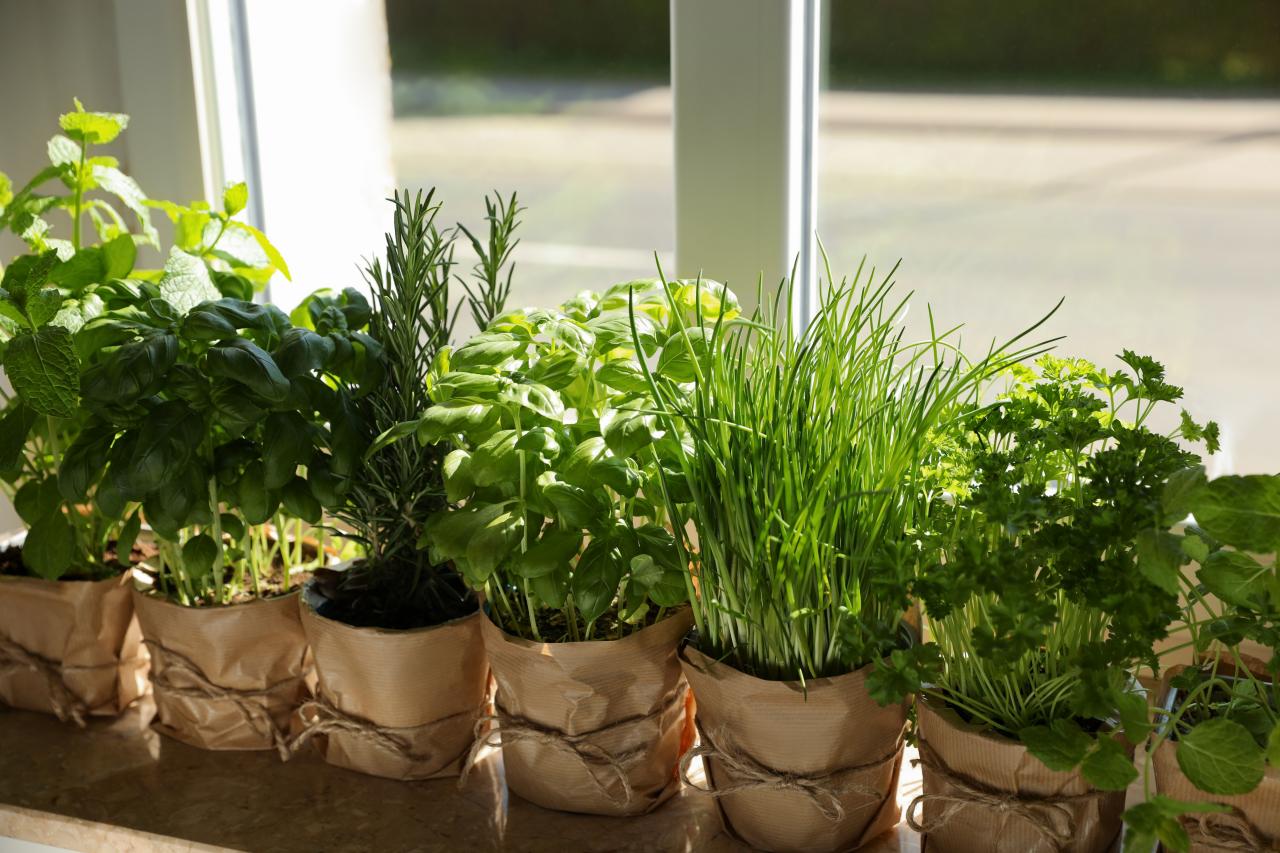

Ideas and Tips
The Benefits Of Growing Your Own Herbs At Home
Published: November 2, 2024
Discover the health, aesthetic, and cost benefits of growing your own herbs at home. Learn tips to start your indoor or outdoor herb garden today!
(Many of the links in this article redirect to a specific reviewed product. Your purchase of these products through affiliate links helps to generate commission for Storables.com, at no extra cost. Learn more)
Growing your own herbs at home is a rewarding and versatile hobby that offers numerous benefits for both your health and your living space. Whether you are an avid cook, a gardening enthusiast, or simply someone looking to enhance their home decor, cultivating herbs indoors or outdoors can be a delightful and fulfilling experience. In this article, we will delve into the various advantages of growing your own herbs at home, provide tips on how to get started, and explore some of the most popular herbs to grow.
Health Benefits
One of the primary benefits of growing your own herbs at home is the ability to enjoy fresh, organic herbs in your cooking. Fresh herbs are packed with nutrients and flavor compounds that can significantly enhance the taste and nutritional value of your meals. Unlike store-bought herbs, which may have been sitting on a shelf for weeks or even months, fresh homegrown herbs are at their peak flavor and nutritional potency.
Moreover, growing your own herbs allows you to control the quality of the soil and the growing conditions, ensuring that your herbs are free from pesticides and other chemicals commonly used in commercial farming. This is particularly important for individuals who are sensitive to chemicals or prefer a more natural approach to their diet.
Read more: How To Grow Your Own Herb Garden Year-Round
Nutritional Value
Herbs are not just flavorful additions to your meals; they also offer a range of health benefits. For example:
- Basil: Rich in antioxidants and vitamins A and K, basil has anti-inflammatory properties and can help reduce stress.
- Rosemary: Known for its cognitive benefits, rosemary contains compounds that may improve memory and concentration.
- Thyme: Thyme has antimicrobial properties that can help boost the immune system.
- Mint: Mint is known for its digestive benefits and can help alleviate symptoms of indigestion and nausea.
Customization
Growing your own herbs allows you to customize the varieties you grow based on your dietary needs and preferences. Whether you are looking for herbs with specific health benefits or simply want to add unique flavors to your dishes, having control over what you plant means you can tailor your herb garden to meet your individual requirements.
Aesthetic Benefits
In addition to their culinary and health benefits, herbs can also enhance the aesthetic appeal of your home. A well-maintained herb garden can add a touch of greenery and freshness to any room, making it a beautiful addition to your decor.
Indoor Herb Gardens
One of the most convenient ways to grow herbs is through indoor herb gardens. These systems allow you to grow a variety of herbs year-round without the need for outdoor space. Popular options include:
- Aerogarden Gourmet Herb Seed Pod Kit: This kit provides everything you need to start growing herbs indoors, including seed pods and a compact growing system that fits on your countertop.
- Small Crate Gardening: Using small crates or containers can be an effective way to grow herbs indoors. These systems are versatile and can be placed on a windowsill or even hung from the ceiling.
Outdoor Herb Gardens
For those who have outdoor space available, creating an herb garden can be a rewarding experience. Outdoor herb gardens can be as simple as a few pots on a balcony or as elaborate as a dedicated garden bed in your backyard.
Seasonal Variations
One of the joys of growing your own herbs is experiencing the seasonal variations in flavor and availability. For example:
- Spring: This is the perfect time to plant herbs like mint, basil, and cilantro.
- Summer: Herbs like rosemary, thyme, and oregano thrive in the warmer weather.
- Fall: Sage and parsley are excellent choices for fall plantings.
- Winter: Indoor herb gardens or cold frames can help extend the growing season for herbs like parsley and rosemary.
Cost-Effective
Growing your own herbs at home can be a cost-effective alternative to buying them at the store. While the initial investment in seeds, soil, and growing equipment may seem significant, it quickly pays off as you harvest your own fresh herbs.
Long-Term Savings
Over time, you will find that the cost of maintaining an herb garden is minimal compared to the cost of purchasing fresh herbs regularly. Additionally, many herbs can be propagated easily by taking cuttings or dividing established plants, which further reduces costs.
Read more: How To Grow Your Own Lavender For Relaxation
Versatility
Herbs are incredibly versatile and can be used in a variety of dishes beyond just cooking. They can be used in teas, potpourri, and even as a natural remedy for minor ailments.
Educational Opportunities
Growing your own herbs at home provides an excellent opportunity for learning about botany, horticulture, and sustainable living practices. Understanding how to care for plants helps develop important life skills such as patience, responsibility, and resourcefulness.
Hands-On Learning
One of the best ways to learn about herbs is through hands-on experience. By planting seeds, observing growth patterns, and harvesting your own herbs, you gain practical knowledge that goes beyond just reading about it.
Community Engagement
Sharing your knowledge with others or joining local gardening communities can be a rewarding experience. Many cities have community gardens or online forums where gardeners share tips and advice on growing various types of herbs.
Therapeutic Benefits
Growing herbs can also have therapeutic benefits both physically and mentally. The act of gardening has been shown to reduce stress levels and improve overall well-being by providing a sense of accomplishment and connection with nature.
Mindfulness
The process of planting seeds, watering plants, and watching them grow can be meditative. It encourages mindfulness by requiring attention to detail and patience in waiting for results.
Physical Activity
While gardening may not be as physically demanding as some other activities, it still provides moderate exercise through activities like digging soil or carrying pots around the garden.
Conclusion
Growing your own herbs at home offers a multitude of benefits ranging from improved health through fresh organic produce to enhanced aesthetic appeal through lush greenery. Whether you choose indoor or outdoor gardening methods or opt for seasonal variations in your plantings, cultivating herbs is an enjoyable hobby that rewards both body and soul.
By understanding these benefits and tips on how to get started with growing your own herbs at home, you can begin enjoying the rewards of homegrown herbs today.
Read more: How To Make Your Own Security Camera
Tips for Getting Started
- Choose the Right Herbs: Select herbs that are easy to grow and suitable for your climate. Some popular beginner-friendly herbs include basil, mint, rosemary, thyme, and parsley.
- Prepare Your Space: Whether you're using indoor containers or outdoor beds, ensure your space has adequate light (most herbs require at least 4-6 hours of direct sunlight per day) and drainage.
- Use Quality Seeds: Fresh seeds will give you better results than old ones. Consider starting with seed pods or seedlings if you're new to gardening.
- Water Wisely: Overwatering is common when starting out; make sure not to drown your plants by checking soil moisture regularly.
- Fertilize Properly: Use organic fertilizers like compost tea or balanced fertilizers specifically designed for herbs.
- Prune Regularly: Pruning encourages bushy growth and prevents legginess in many herbs like basil and rosemary.
- Monitor Pests & Diseases: Keep an eye out for common pests like aphids or spider mites; treat fungal diseases promptly with organic solutions like neem oil.
By following these steps and understanding the benefits outlined above, you'll be well on your way to enjoying fresh homegrown herbs all year round
Was this page helpful?
At Storables.com, we guarantee accurate and reliable information. Our content, validated by Expert Board Contributors, is crafted following stringent Editorial Policies. We're committed to providing you with well-researched, expert-backed insights for all your informational needs.



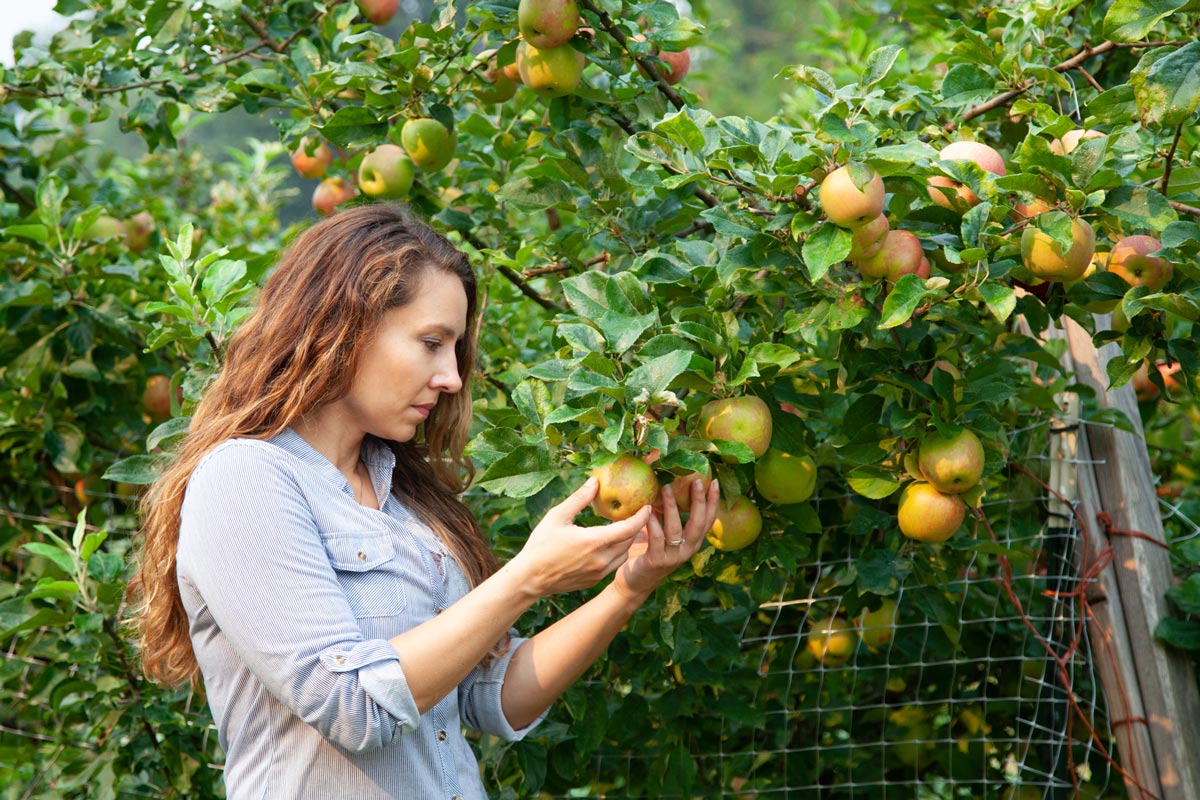

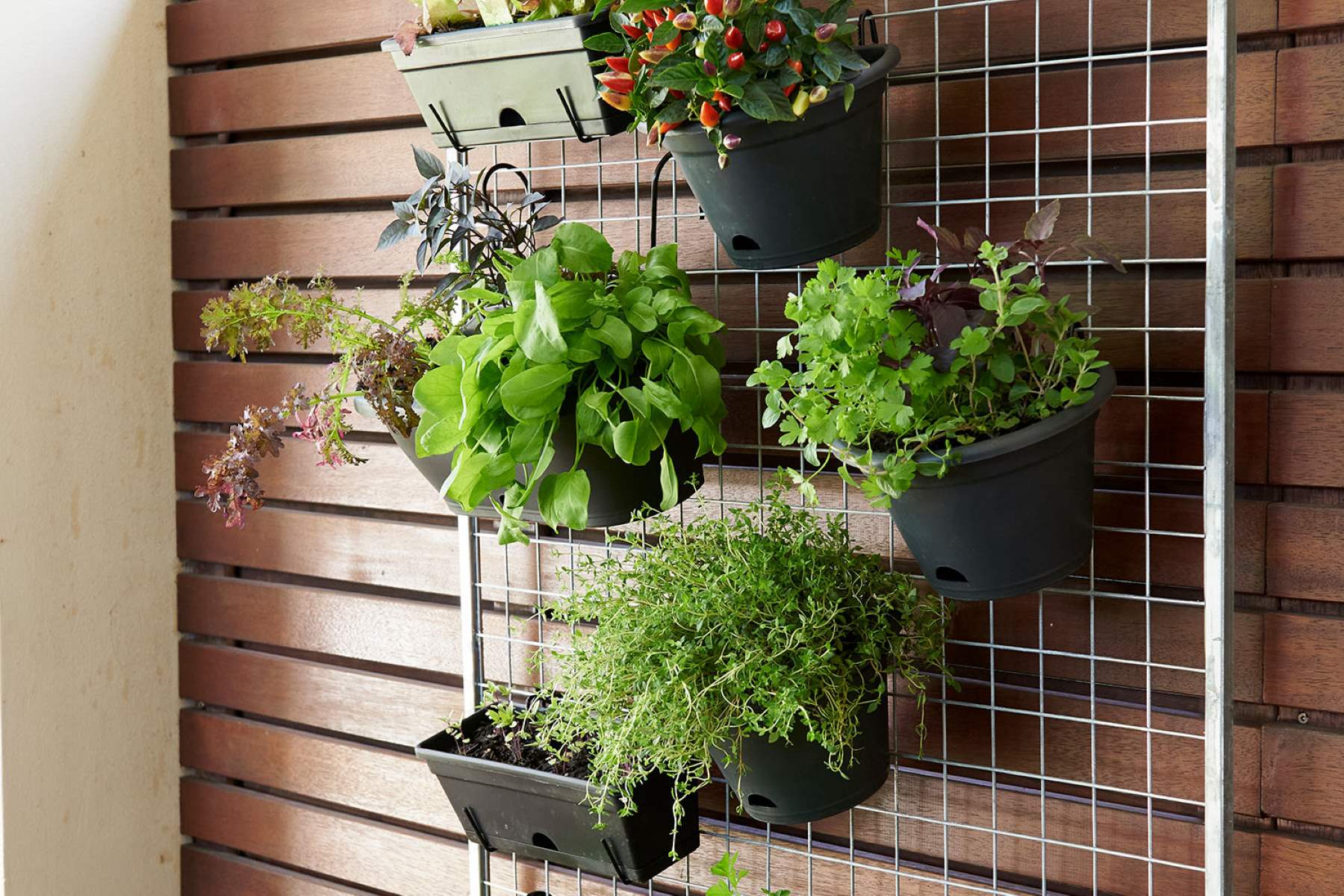



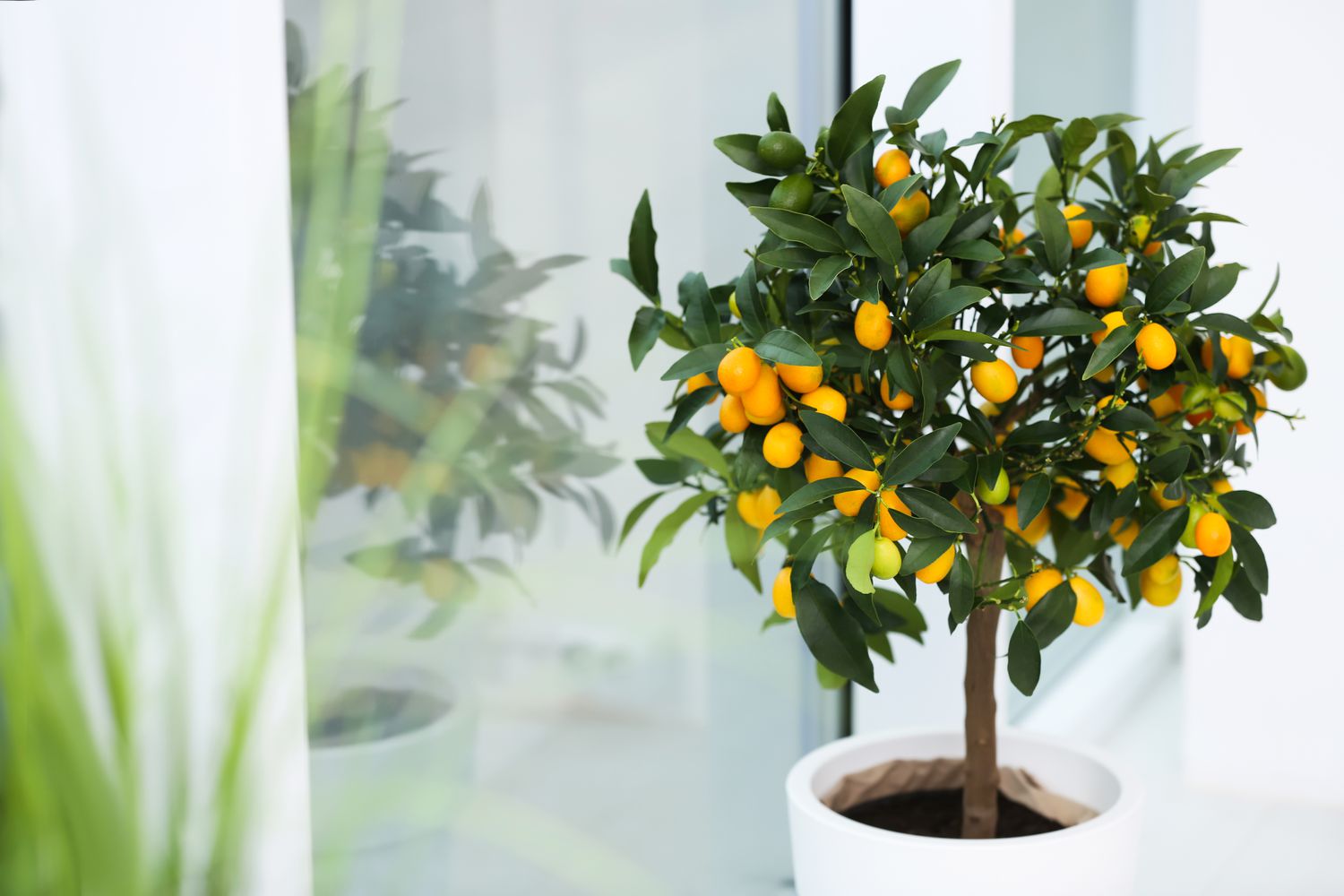
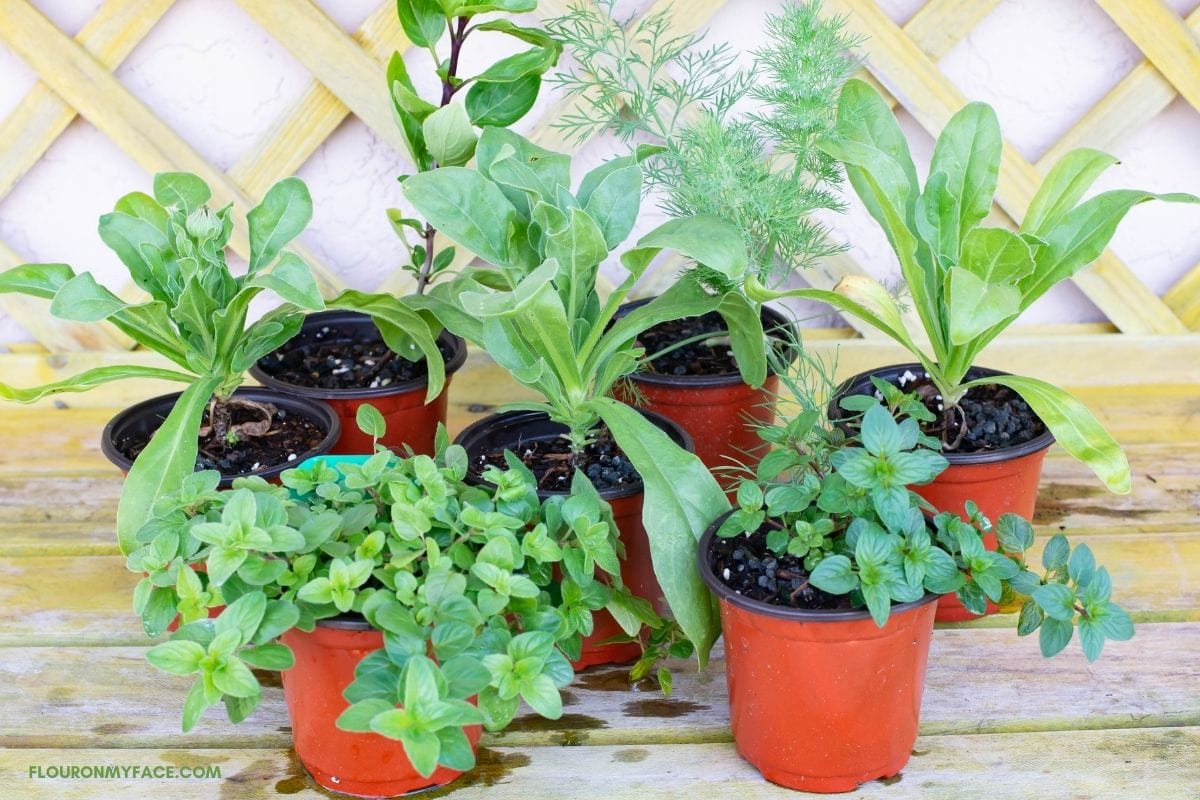

0 thoughts on “The Benefits Of Growing Your Own Herbs At Home”